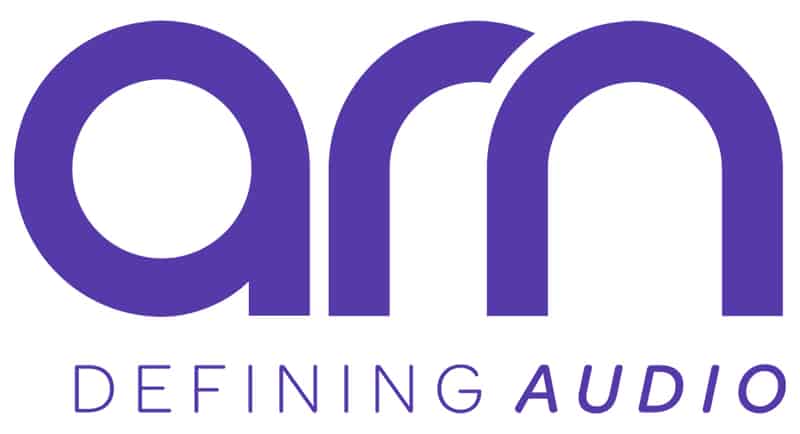Fewer young people relying on social media for their daily news fix

There are positive signs for Australia’s news industry – and traditional news outlets – according to a major new report out today.
The Digital News Report Australia 2022 found more young people are shifting away from social media, towards more traditional forms of news.
While social media remains Gen Z’s main source of news (46 per cent), use of social media as a source for news fell by eight percentage points compared to the 2021 report.
The use of social media as a main source of news by Australians fell to 19% from last year (-4), and Facebook’s popularity as a place to get news has also fallen further (31%, -2).
The report’s lead author Professor Sora Park says more young people are using TV and online resources as their main source of news.
However, younger audiences are fatigued. More than three quarters (76 per cent) of those under the age of 35 say they avoid news, mostly because of the amount of political and Covid-related news, and the negative impact it has on their mood.
Dr Park notes “Too much newsroom attention is going toward topics like politics and coronavirus and is pushing young people away from news all together. Young people have broader desire for diverse news, agendas and voices.”
In another positive trend for the industry, paying for news has increased and access to news remains steady.
Print news consumption is up for the first time in six years, and the use of regional and local newspapers has also risen.
Trusted traditional and public service broadcasters such as the ABC and SBS remain among the most popular sources of news, with a strong audience appreciation for the journalistic values of impartiality and independence.
As Australians continue to deal with ongoing impact of Covid-19, concern about climate change has fallen, and people remain divided over how the news media should report on it.
Just one-third of Australians are interested in news about the environment and climate change, and one in five say they don’t pay attention to climate change news at all.
Younger audiences believe news organisations should take a stand on issues like climate change and that journalists should be free to express their personal views on social media.
We’re becoming more cautious about getting our news from social media platforms, which is partly driven by concerns of online misinformation, particularly when it comes to Covid-19.
After a surge during the pandemic, the use of most social media platforms plateaued this year, with the exception of TikTok and Telegram.
TV is still the most popular medium to access news (60%, -1), with Australians increasingly watching news on smart TVs.
The latest data shows many Australians want journalists to stick to reporting the news while on social media.
More than half (52%) say journalists should only report the news and not express their personal opinion on platforms like Twitter or Facebook.
Younger generations are much more in favour of journalists expressing a view; 54% of Gen Z and 43% of Gen Y say personal views are fine on social media, compared to only 24% of Baby Boomers and 17% of 76+.
While traditional values of impartiality in journalism remain popular, these findings suggest an ongoing generational shift in attitudes on the role of opinion in news coverage.


